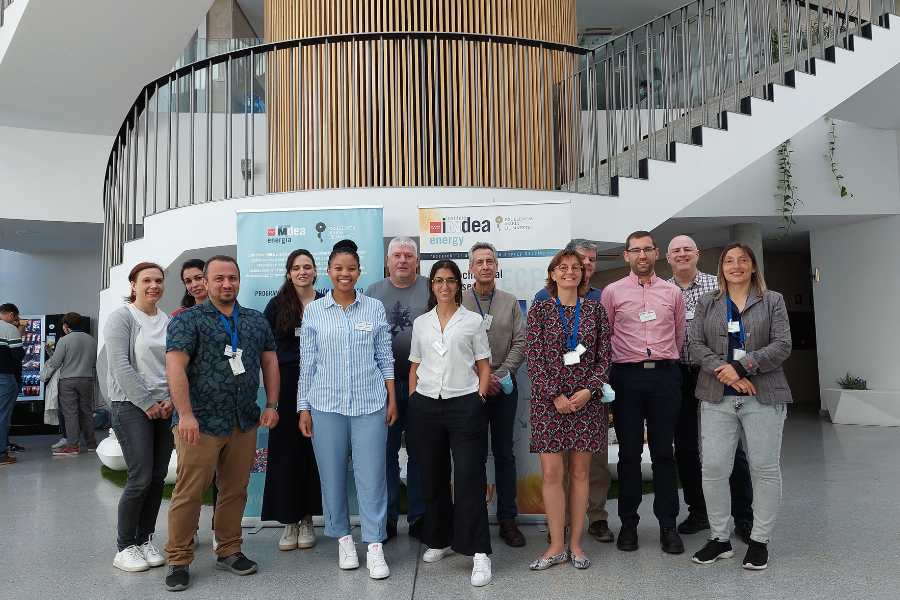Breakthrough Battery Technology to Power the Future: EU Research Project MeBattery Launches
Battery technologies currently considered state-of-the-art suffer from several severe downsides in sustainability, recyclability and energy efficiency. The ambitious MeBattery project strives to lay the foundations of a next-generation battery technology relying on a combination of radically new thermodynamical concepts. These will overcome the critical limitations of previously established battery systems across the most crucial performance categories. Over the coming three years, the project’s international research team seek to develop a decarbonised and sustainable battery with high market potential that paves the way for the next phase of the green energy transition. MeBattery has been funded with EUR 2.5 million from the European Innovation Council’s (EIC) Pathfinder programme, targeting visionary and disruptive innovations that can bring about decisive societal transformations while addressing global challenges.
Cutting-edge battery technologies are central to transitioning to a climate-neutral and sustainable society. While the use of batteries in portable applications, such as notebooks and smartphones, has already largely permeated our everyday lives, continuous improvements in energy density, reliability and cost are increasingly opening up new fields of application.
Global energy-storage strategies are currently shaped by different flow (All-Vanadium and Zinc – Br2) and static (Na-ion and Li-ion) battery technologies aiming to fulfil the world’s increasing energy demand. All of these battery options have been plagued with so far unsolved high costs, safety issues and environmental and social concerns. Most importantly, both flow and static battery technologies actively work against thermodynamics. This is where MeBattery proposes a radically different path.
A paradigm shift in energy storage solutions
“Instead of ‘fighting against’ thermodynamics, we propose to ‘ally with’ thermodynamics in the novel MeBattery concept. If we are successful, the developed knowledge will change the perspective of batteries because the current differentiation between flow batteries and static batteries will no longer be of use. The appropriate merging of both types of batteries will lead to a new future battery technology that will combine the best of both worlds,” says project coordinator Dr Edgar Ventosa from the Universidad de Burgos.
More specifically, the breakthrough technology concept envisioned in the MeBattery project will use the intrinsic benefits of a redox flow battery system. By definition, certain aspects are addressed using a flowing configuration: decoupled energy and power capabilities, long lifetime, better energy efficiency, and full thermal stability. Due to the versatility of the proposed technology, other aspects such as sustainability, eco-friendliness and cost can be tuned by selecting appropriate materials. The resulting MeBattery prototype will be the first proof of concept of this next-generation battery technology, exhibiting an excellent balance among all key performance indicators.
Toward decarbonised and sustainable energy solutions for society
“To meet climate goals sooner, radically new concepts for energy storage are urgently needed. Compared to previously established battery systems, the MeBattery concept has the potential to disrupt the energy storage market to accelerate the green energy transition in the near future,” asserts Dr Ventosa.
The six interdisciplinary project partners bring together a team of specialists who will contribute their complementary expertise in computational science, materials science, organic chemistry, environmental chemistry, chemical engineering, electrochemistry and battery prototyping.
The kick off meeting was held at IMDEA Energy’s facilities.

***
Project Key Facts
Title: MeBattery – Mediated Biphasic Battery
Start: 1 May 2022
Duration: 36 months
Budget: 2,508,694 €
Coordinator: Universidad de Burgos
Website: https://www.mebattery-project.eu
Project Partners
- Universidad de Burgos
- Fundación IMDEA Energía
- Institute of Science and Technology Austria
- Universidade de Aveiro
- Ruhr-Universität Bochum
- Eurice – European Research and Project Office GmbH
Contact
Project Coordination:
Universidad de Burgos
Edgar Ventosa
Phone: +34 947 258817
Email: eventosa@ubu.es
Project Management:
EURICE GmbH
Janine Jost
Phone: +49 6894 38813-31
Email: j.jost@eurice.eu



